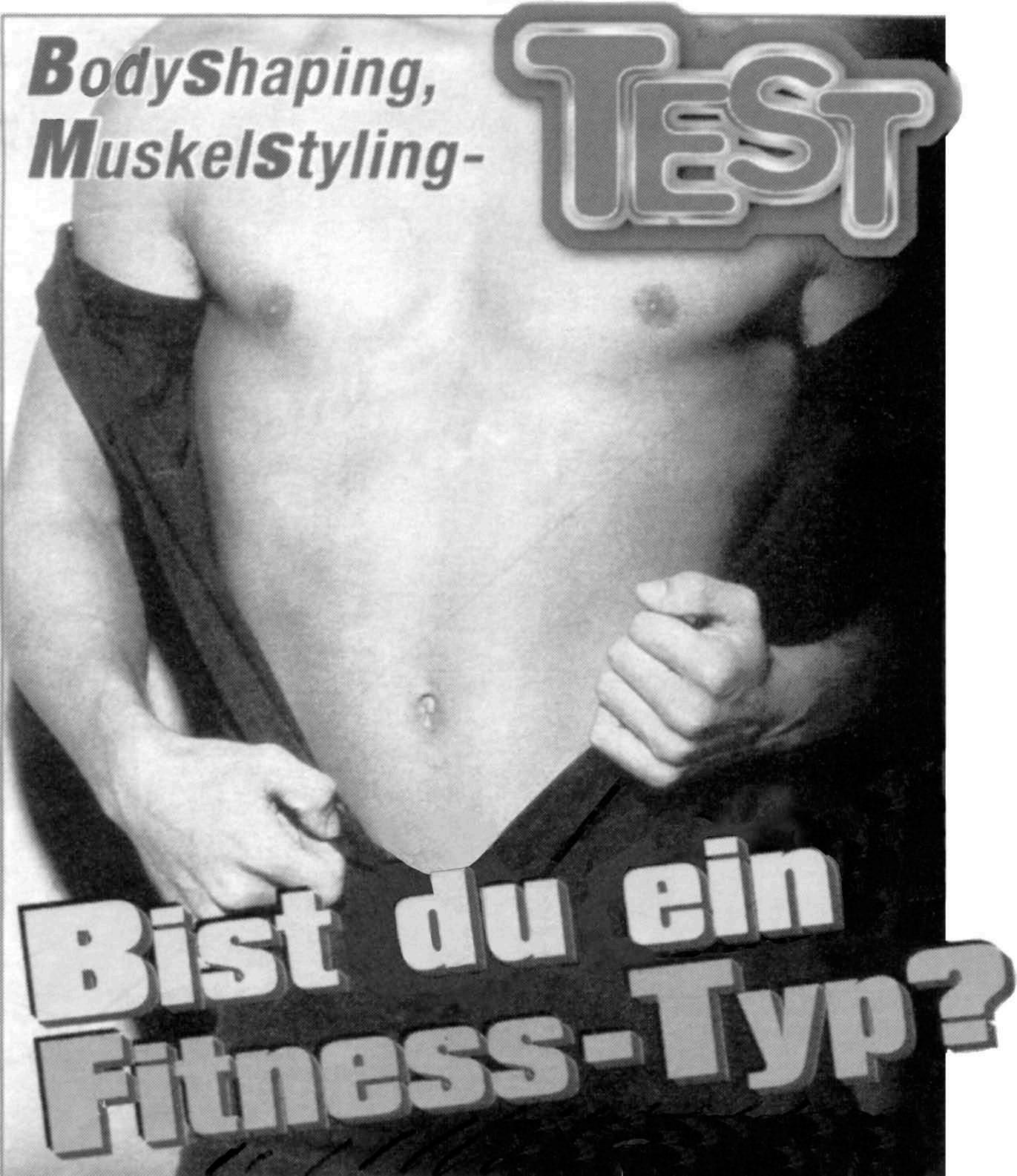24
Nouns
2.11 Case You saw in chapter 1 that German has four cases: nominative, accusative, genitive and dative. They indicate the function of a noun phrase in the sentence, and their main uses are summarized in the following tables: NOMINATIVE
marks the subject of the verb (see 1.2, 8.1)
Der Fußballspieler schoss ein Tor. The footballer scored a goal.
used in the complement of copular verbs like sein (see 8.10)
Brecht ist ein großer Dichter. Brecht is a great writer.
with the noun in isolation
Dein Freund, wann siehst du ihn wieder? Your friend, when will you see him again?
ACCUSATIVE
marks the direct object of the verb (see 8.1)
Ich kaufe einen kleinen Fernseher. I’m buying a small television.
after some prepositions (see 5.1, 5.3)
Sie tat es für ihren Bruder. She did it for her brother.
in many adverbial phrases (see 4.9)
Anita blieb den ganzen Tag zu Hause. Anita stayed at home the whole day.
in conventional greetings and wishes
Guten Tag! Herzlichen Glückwunsch! Good morning/afternoon! Congratulations!










